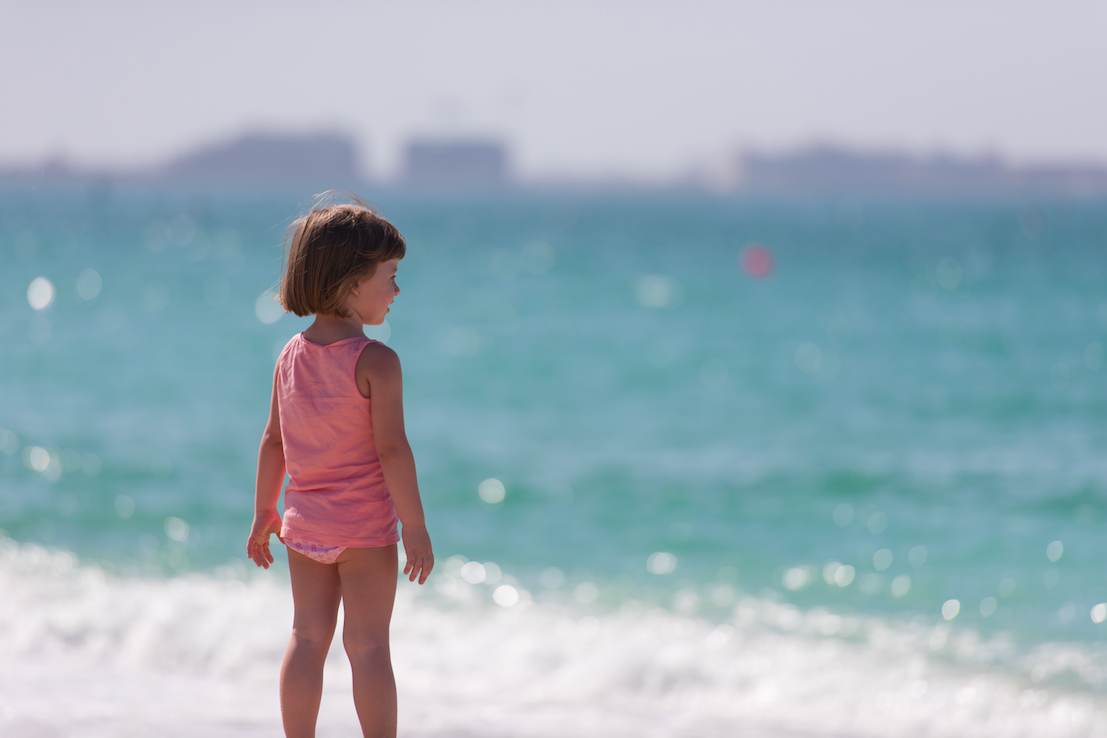With multiple beaches near by, YourTown Health wants you to have the best beach experience possible by making safety your first priority. A little knowledge and respect for nature can go a long way to enhancing your day.
Rip Currents
Rip currents cause the majority of lifeguard rescues. They are subtle and strong. On the surface, the water gives the appearance of being calmer because there are less waves breaking. Underneath however, there are powerful currents of water and gravity that are pulling away from the shore. You can sometimes tell that the water is a murky brown color from all the sand being stirred up. If you find yourself caught in one, don’t try to fight it. Remain calm and swim parallel to the shoreline until you’re out of the current before heading back towards the beach. If you’re unable to swim, float or calmly tread water until you’re out of it. If you’re still unable to reach shore, draw attention to yourself by waving and yelling for help.
Be sure to check the water quality reports. Each county monitors conditions and issues alerts when runoff and storm drain water impact bacterial levels. It’s a good idea though to stay out of the water after it rains.
Dehydration
A day in the sun can take its toll on a body. Remember to drink plenty of water. Dehydration can happen fast. Symptoms include dry mouth, dizziness and fainting. Get out of the sun if you start to feel nauseated or dizzy and grab a cold beverage. Just limit the alcohol and sugary drinks, which can make dehydration worse. The combination of bright sun and high temps can also lead to overheating. For instant relief, put a wet, cool cloth on your skin and move to a shady, preferably air-conditioned spot for a breather. On the more severe side, there’s heat stroke and sun poisoning. Watch for headache, muscle cramps, swelling of the hands or feet, rapid heartbeat and excessive or lack of sweating. Sun poisoning is also indicated by blistering, tingling, fever and chills. If you or someone you’re with displays any of these symptoms, seek medical attention.
Skin Protection
Sunburn is probably the most common health concern – and also the one taken least seriously. Remember that even a minor sunburn can result in damage to the skin, accelerated aging and the potential for skin cancer. It’s been said that just one, blistering sunburn in your youth can more than double your chance for melanoma later in life. No one should be at the beach without sunscreen. Reapply it often to all exposed skin. Bring a hat, clothing and an umbrella for cover. Don’t forget the sunglasses for UV eye protection and a pair of sandals for when the sand gets too hot.

